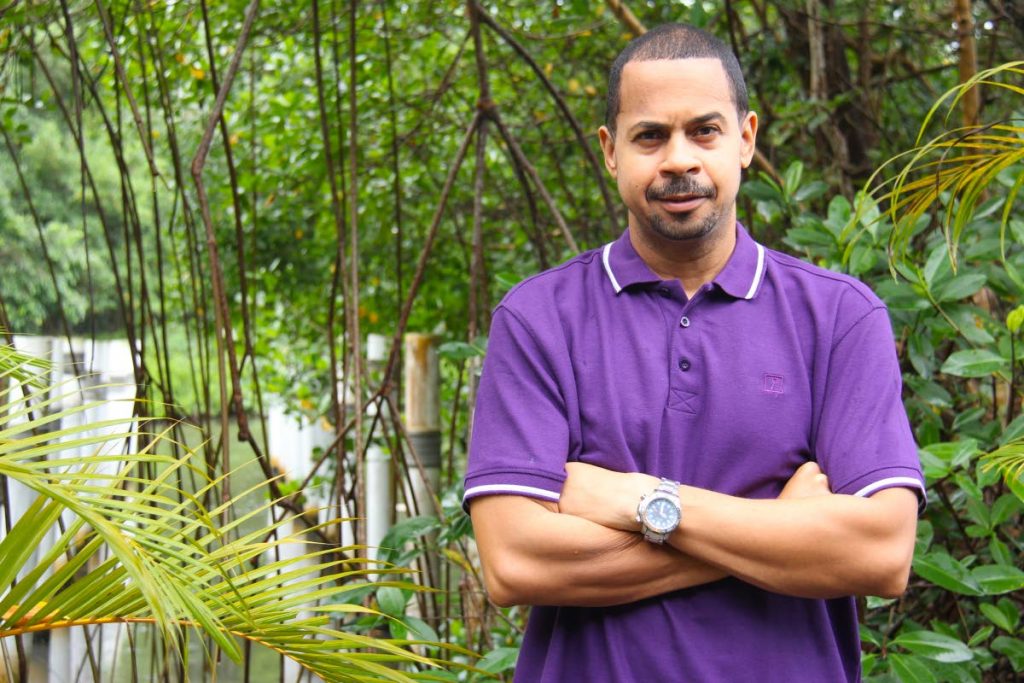Health care that sickens Pt II

WHETHER rich or poor, none escapes the clutches of illness. However, the rich have extortionate private hospitals and the poor have Trevor Sayers.
For Prime Minister Dr Keith Rowley to have recently declared "we have one of the best health system (sic) in the Commonwealth..." suggests he isn't aware of the countries comprising the Commonwealth.
Dr Rowley came to his assessment after a visit with a friend at a public hospital. In his recounting of the experience, the Prime Minister appeared impressed with the diligence and dedication of all the staff, from doctor to cleaner.
Tell me, Dr Rowley, do you think the healthcare you witnessed on that visit could have had anything to do with the fact you were there standing around and making observations? Don't all citizens deserve to benefit from the "Rowley Effect"?
This refers to the apparent transformative motivation the mere presence of a sitting PM seems to inspire in our healthcare professionals. So if you, Dr Rowley, could switch places with the hognorant gargoyle gatekeeper at Mt Hope A&E, us plebs can have the benefit of the best-in-class healthcare system you saw.
Last week's column scratched the surface of my experience at the Mt Hope hospital. But then, it wasn't really my experience. After having endured the torments of A&E, my relative had to face the beast that is the hospital ward. With a platoon of doctors functioning like covert operatives, each agonising day involved a visit to the institution in the hope of ambushing one of them on the ward.
We met with four doctors over the course of our relative's hospital sojourn. Each carried one piece of a puzzle that, in the end, we would have to put together ourselves. All the doctors with whom we spoke appeared to possess the power of teleportation. Each would bend a corner and disappear or leave a room and immediately vanish. Any further clarification would have to wait until they rematerialised another day.
Unfortunately, my relative was given the most devastating diagnosis there is. As far as the doctors were concerned, however, with diagnosis in hand, it was time for the patient to be discharged into a future both uncertain and certain. The surging demand for bed space is understandable, but we are talking about a patient who can't even walk. Her condition hasn't improved one iota, yet she was turned over to the nonplussed family.
Oh, by the way, insult: meet injury. After the discharge, we returned to Mt Hope for a copy of the medical file. We were told the file must first be located "manually in the back" before we can fill out a form to request a copy.
An expedition to find it lasted an hour and a half, but the file wasn't ready. Apparently, the clerk responsible for the relevant ward didn't come out that day. This is garbage, as it supposes the absent clerk would have prepared the file on the very day he/she/it was away from work. At the end of it all, we were told, after filling out a request form, processing would then take a random 30 working days. So the patient remains in limbo. Hey ho!
As mentioned earlier, my Mt Hope experience isn't really mine, but that of the patient, who has been given a crushingly grim diagnosis. It's also your story, Trinidad and Tobago. When I posted last week's column on Facebook, it was shared a staggering 220 times. Many people surfaced with their own tales to astonish. Mt Hope, Port of Spain, and San Fernando; stories of traumatised relatives and patients bear nauseating similarities.
The silver lining here is the humanity among patients and relatives kindled by the inhumanity at our public hospitals. Patients, who are themselves sick, help others to the bathroom or offer a kind word. They share bottled water and stories about the mostly belligerent hospital staff. Even as they moan in their beds they can laugh about that one nurse who is actually a Minotaur.
Other visiting family members knowledgeable about the labyrinth of confusion that is our health-couldn’t-careless give terrified and bewildered relatives guidance. Yes, there are good doctors and nurses. They are insufficient, however, to cover a system that spectacularly fails patients, relatives and medical professionals.
Denying these failures is a gross insult to those who suffer and die in our institutions and the dedicated doctors and nurses who fight to preserve their dignity.


Comments
"Health care that sickens Pt II"